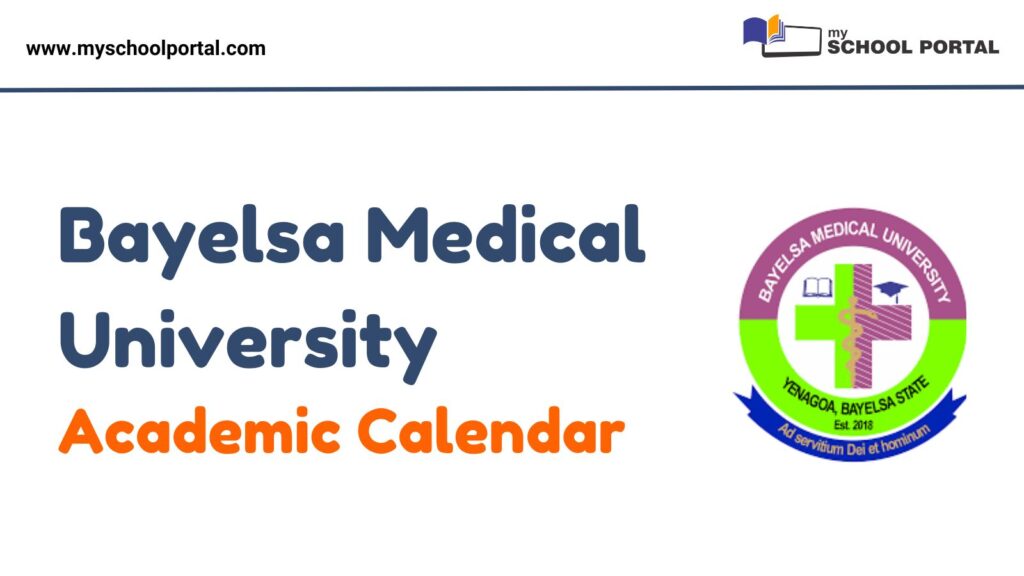Hello, Students!
Welcome to another enriching lesson! Today, we’re going to dive into the world of Essay Writing—a fundamental skill that will not only help you excel in your exams but also in your day-to-day communication. Writing essays is about expressing your thoughts clearly, presenting arguments effectively, and engaging your reader from start to finish.
What is an Essay?
An essay is a piece of writing that presents a coherent argument on a particular topic. It’s a way to convey ideas, analyze information, and persuade or inform your reader. Think of an essay as your chance to have a conversation with the reader, where you share your insights, evidence, and personal views.
Types of Essays
- Descriptive Essays:
- These essays paint a picture with words. They focus on describing a person, place, event, or object in vivid detail, appealing to the reader’s senses.
- Narrative Essays:
- A narrative essay tells a story. It can be based on personal experiences, real-life events, or imaginative tales. It’s like storytelling, but with a clear point or lesson.
- Expository Essays:
- These essays provide a balanced analysis of a topic. They explain, define, or explore information, usually backed by evidence, without the writer’s personal opinion.
- Persuasive (or Argumentative) Essays:
- Persuasive essays aim to convince the reader to accept a particular viewpoint or take a specific action. They use arguments, logic, and evidence to support their stance.
- Comparative Essays:
- In comparative essays, you examine the similarities and differences between two or more subjects. They help in drawing conclusions and understanding different perspectives.
The Structure of an Essay
An effective essay usually follows a simple three-part structure:
- Introduction:
- This is where you introduce your topic and grab the reader’s attention. It should include a hook (an interesting fact, quote, or question), some background information, and a thesis statement—a concise summary of the main point or argument of your essay.
- Body:
- The body is the meat of your essay. It typically consists of three or more paragraphs, each presenting a separate idea or argument that supports your thesis statement. Each paragraph should have a clear topic sentence, supporting details or evidence, and a concluding sentence that ties it back to your thesis.
- Conclusion:
- The conclusion summarizes the main points of your essay and reinforces your thesis statement. It’s your final opportunity to leave a strong impression on the reader. Avoid introducing new information here; instead, restate your main arguments and offer a closing thought or call to action.
Steps to Writing a Great Essay
- Choose a Topic:
- Pick a topic that interests you and meets the requirements of the assignment. If you’re given a choice, select one you feel passionate about.
- Research:
- Gather relevant information from reliable sources. Take notes on key points, arguments, and examples that support your topic.
- Create an Outline:
- Organize your ideas in a logical order. An outline helps you structure your essay and ensures you cover all necessary points.
- Write the First Draft:
- Start writing based on your outline. Don’t worry about perfection; just focus on getting your ideas down on paper.
- Revise and Edit:
- Review your draft for clarity, coherence, and flow. Check for grammatical errors, punctuation mistakes, and awkward sentences. Make sure each paragraph transitions smoothly to the next.
- Proofread:
- Carefully proofread your essay to catch any remaining errors or typos. You may want to read it aloud to spot mistakes you might have missed while reading silently.
- Get Feedback:
- Share your essay with a teacher, peer, or family member and ask for constructive feedback. Use their suggestions to improve your work.
- Write the Final Draft:
- Make the necessary revisions and prepare your final version. Ensure it meets all the guidelines and is formatted correctly.
Tips for Effective Essay Writing
- Stay Focused: Stick to the topic and make sure every paragraph contributes to your thesis statement.
- Be Clear and Concise: Use simple language and avoid unnecessary jargon. Be direct and to the point.
- Use Strong Evidence: Back up your arguments with facts, examples, quotes, or statistics from credible sources.
- Vary Your Sentences: Use a mix of short and long sentences to keep your writing engaging and dynamic.
- Practice Regularly: The more you write, the better you get. Keep practicing different types of essays to improve your skills.
Activity:
- Choose an Essay Type:
- Decide which type of essay you would like to write (descriptive, narrative, expository, persuasive, or comparative).
- Select a Topic:
- Pick a topic that you find interesting and relevant to your chosen essay type.
- Outline Your Essay:
- Create a rough outline with an introduction, body paragraphs, and a conclusion.
- Write Your Essay:
- Use the steps and tips above to draft your essay.
- Peer Review:
- Pair up with a classmate and exchange essays for feedback. Discuss what you liked, what could be improved, and any suggestions you have for each other.
Homework:
- Essay Assignment:
- Write a 500-word persuasive essay on the topic: “Should homework be mandatory in schools?” Use arguments and evidence to support your stance.
- Reading and Reflection:
- Read an example of a well-written essay (your teacher may provide this) and write a paragraph reflecting on what makes it effective.
Remember:
Essay writing is not just about putting words on paper; it’s about expressing your thoughts and ideas in a clear, logical, and engaging way. Practice regularly, seek feedback, and don’t be afraid to revise and rewrite. With time, you’ll find your own unique writing style and voice!
Next Lesson: We will dive into Letter Writing—another essential skill in your toolkit. ✍️
Keep writing, keep learning, and enjoy the process! See you next time! 😊









